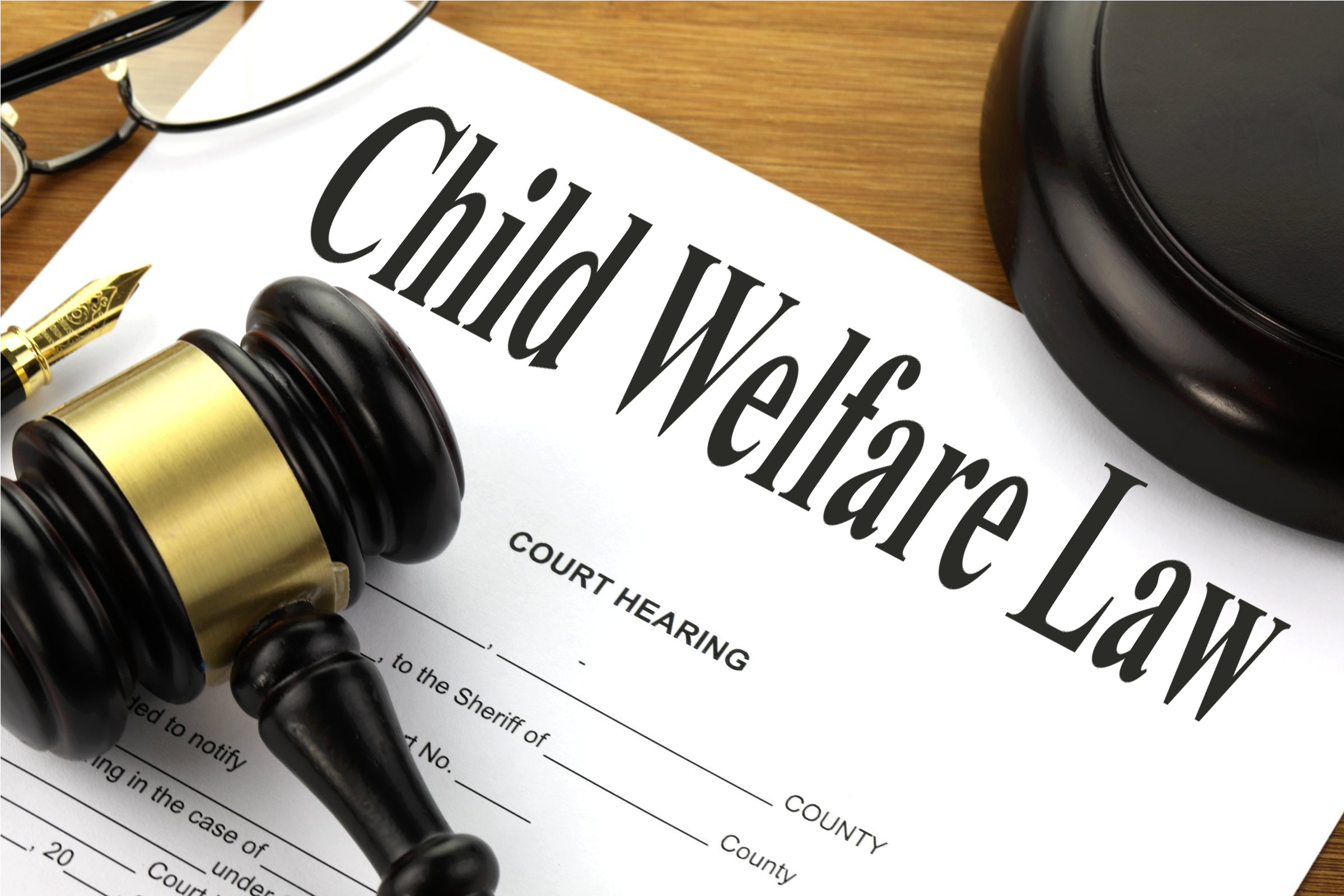What Are a Father's Rights in Atlanta Georgia?
Navigating the complex landscape of family law can be daunting, especially when it pertains to the rights of fathers in the State of Georgia. In accordance with Georgia Code Title 19, various statutes delineate the rights and responsibilities that fathers are endowed with, whether married, separated, or unmarried. This article aims to elucidate those rights, while also addressing concerns about custody battles, legal recourse, and answer the question, What Are a Father’s Rights in Georgia? and potential limitations on those rights.
Quick FAQ's About Father's Rights in Georgia
In Georgia, fathers have the right to seek custody, participate in the decision-making process concerning their child, and gain access to educational and medical records of their child. These rights are enshrined in Georgia Code § 19-7-21 and § 19-9-3.
If there is a court-ordered custody agreement in place, a mother does not have the legal right to unilaterally deny a father access to his child. Doing so could result in legal repercussions, including contempt of court as stated in Georgia Code § 19-9-3.
Unmarried fathers have the right to seek legitimation under Georgia Code § 19-7-22. Upon legitimation, they gain rights similar to those of married or divorced fathers, including custody and visitation.
Yes, a father can get full custody in Georgia if it serves the child’s best interest, as per Georgia Code § 19-9-3. Factors such as emotional ties, stability, and capacity to provide for the child are considered by the court. For more information on a fathers rights in Georgia we recommend contact a divorce lawyer for men in Atlanta.
To obtain 50/50 custody, both parents should collaborate to demonstrate that this arrangement serves the child’s best interests, in accordance with Georgia Code § 19-9-6.
Georgia Code § 15-11-311 states that a father may lose his rights if he is intentionally absent from his child’s life for a period of one year or more.
Primary custody may be granted if the father can convincingly demonstrate that it serves the best interest of the child, in line with Georgia Code § 19-9-3.
A father may lose visitation rights if found to be engaging in abusive behavior or neglect, which could constitute a violation of Georgia Code § 19-7-5.
Father's Rights According to Georgia Law
According to Georgia Code § 19-7-21, both parents are endowed with equal rights and responsibilities towards their children, unless otherwise stated by a court ruling. This includes the right to visitation, the right to information, and the right to be consulted on important matters like education and healthcare.
What is the Legal Definition of a Father in Georgia?
The legal definition of “father” in Georgia can vary depending on the context in which it’s used—such as child support, child custody, or legitimation cases. Generally, a father is considered to be a man who is the biological or adoptive parent of a child. However, Georgia law does make distinctions between biological fathers and “legal” fathers.
In Georgia, a “legal” father is one who has established paternity either by marrying the mother of the child, signing a voluntary acknowledgment of paternity, or by obtaining a court order that establishes him as the father (this is often referred to as legitimation, pursuant to Georgia Code § 19-7-22).
In contrast, a biological father who has not taken these steps may not be considered the “legal” father and may not have the same rights or responsibilities to the child under Georgia law. For instance, under Georgia Code § 19-7-43, a child born out of wedlock is considered to be the legitimate child of the mother but not the father until legal paternity has been established.
What rights do fathers have in Georgia?
In line with Georgia statutes, fathers have the right to seek custody, participate in decision-making concerning the child, and gain access to educational and medical records, among other rights. However, establishing these rights often involves legal processes.
Can a mother deny a father access in Georgia?
In cases where a court-ordered custody agreement exists, a mother cannot unilaterally deny the father access to the child. Such action is a violation of Georgia Code § 19-9-3, and the offending parent may face legal repercussions.
What rights do unmarried fathers have in Georgia?
Unmarried fathers in Georgia have to take extra legal steps to establish paternity, often through filing a legitimation petition, as per Georgia Code § 19-7-22. Upon successful legitimation, unmarried fathers are granted similar rights to married or divorced fathers.
Custody Rights For Father’s in Atlanta Georgia
Can a father get full custody in Georgia?
Full custody for fathers is not an impossibility under Georgia law. Factors such as the child’s best interests, as noted in Georgia Code § 19-9-3, and the fitness of each parent, among other considerations, are weighed before granting full custody.
How can a father get 50/50 custody in Georgia?
To achieve 50/50 custody, commonly referred to as joint custody, both parents should ideally collaborate to present a united front in court. Georgia Code § 19-9-6 allows for joint custody arrangements if it serves the child’s best interests.
How long does a father have to be absent to lose his rights in Georgia?
Georgia law stipulates that a father could potentially lose his paternal rights if he is intentionally absent from his child’s life for a period of one year or more, according to Georgia Code § 15-11-311.
How can a father get primary custody in Georgia?
Primary custody may be granted to fathers who can demonstrate that such an arrangement serves the best interest of the child, in accordance with Georgia Code § 19-9-3. Factors such as the emotional ties between the parent and child, the capacity to provide for the child, and the stability of the home environment are considered.
How can a father lose visitation rights in Georgia?
Visitation rights can be suspended or revoked if the father is found to be in violation of certain statutes, such as engaging in abusive behavior, as noted in Georgia Code § 19-7-5.
If you Are a Father Facing Divorce in Atlanta Contact a Divorce Attorney For Men
While the State of Georgia recognizes the equal importance of both parents in a child’s life, the actualization of these rights involves complex legal channels. Fathers looking to establish or exercise their rights are often advised to seek an Atlanta Divorce Attorney for Men to help navigate the comprehensive, albeit intricate, Georgia family law codes.
Additional Information
For readers seeking further information on how to navigate life after divorce, see our article on How to Date After a Divorce in Atlanta, GA.









